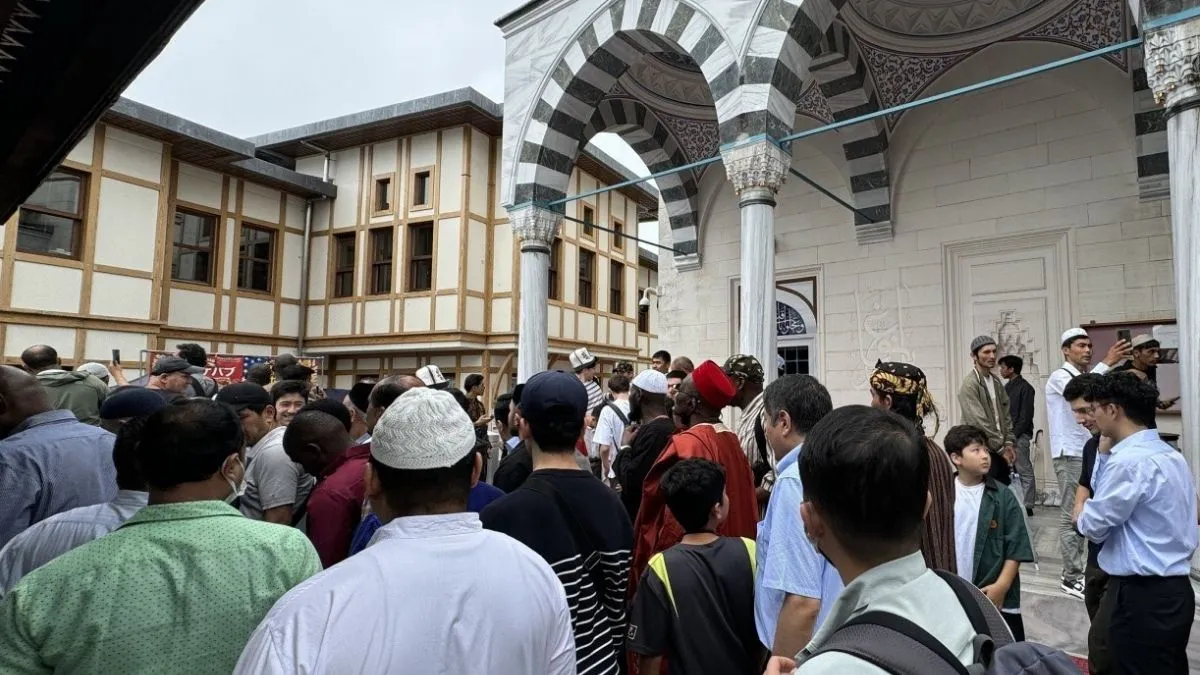- By Shivangi Sharma
- Mon, 03 Feb 2025 04:38 PM (IST)
- Source:JND
A growing Muslim community in Japan is facing resistance over what it sees as a simple and fundamental request: the right to bury its dead in accordance with Islamic customs. Unlike Japan’s dominant tradition of cremation, Muslim burial practices require a designated cemetery for interment, but efforts to establish such sites have been met with social and political hurdles.
In September 2020, the Beppu Muslim Association believed it was close to securing approval for a cemetery in the town of Hiji, located on the southern island of Kyushu. However, backlash from local residents and a wave of misinformation on social media derailed these efforts.
According to a report by Kyodo News, Governor Yoshihiro Murai of Miyagi Prefecture recently addressed the issue, acknowledging the difficulties faced by Muslim residents who struggle to find burial spaces. "I feel that the government should be more concerned about the lack of attention to multiculturalism, even though it claims to be a multicultural society," Murai stated.
He revealed that his prefecture, in northeastern Japan’s Tohoku region, is considering plans for a new cemetery after receiving a plea from a Muslim resident. “Even if I am criticised, we have to do something about this,” he added.
ALSO READ: IMD Issues Alert For Snowfall, Rain In Himachal, Uttarakhand; Dense Fog Expected In Delhi-NCR, UP
Japan’s Muslim Population Surges
The demographic landscape of Japan’s Muslim population has shifted significantly in recent years. In 2010, the Muslim population stood at approximately 110,000. By 2023, that number had surged to around 350,000, largely due to Japan’s growing opportunities for foreign nationals in education and employment. Accompanying this growth has been an increase in the number of mosques, from just four in 1980 to 149 by mid-2024. However, burial infrastructure has not kept pace, with only about 10 major religious-affiliated cemeteries available nationwide.
ALSO READ: ISRO's 100th Rocket Mission Faces Setback As NVS-02 Satellite Encounters Technical Glitch
The resistance to Muslim burial sites has been further fueled by social media hostility, where misinformation about public health risks and cultural biases against burial practices have been widely circulated. Muhammad Tahir Abbas Khan, head of the Beppu Muslim Association, has even taken legal action against a YouTuber who spread false claims about his intentions. Despite these challenges, Khan remains committed to securing burial rights for Muslims in Japan, emphasising the need for respect and inclusivity in an evolving society.
